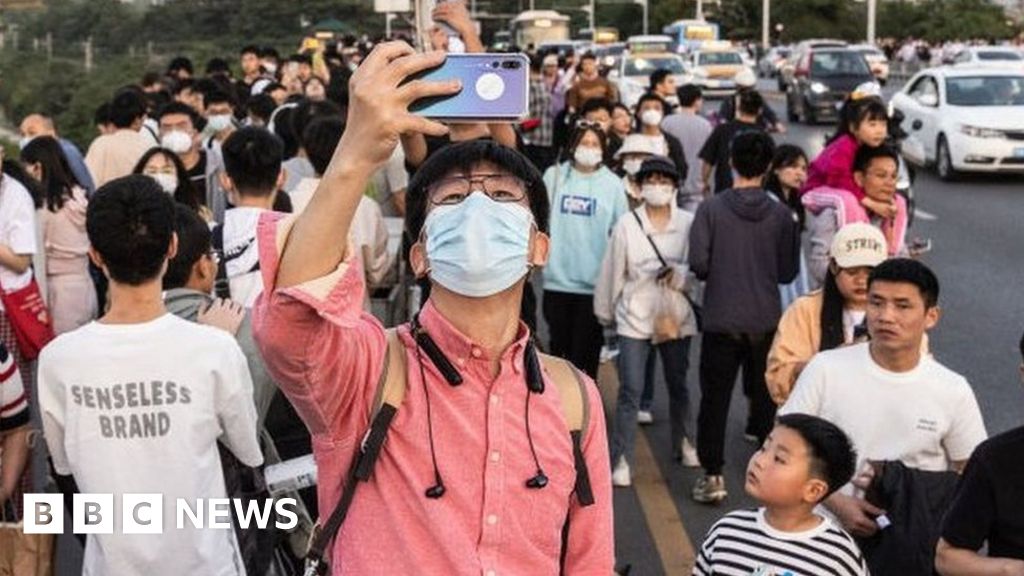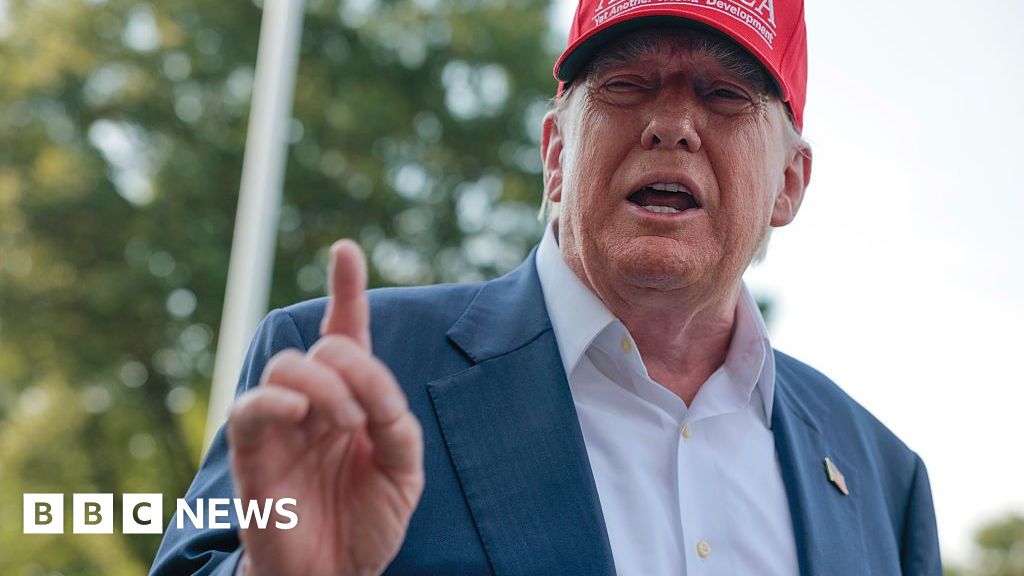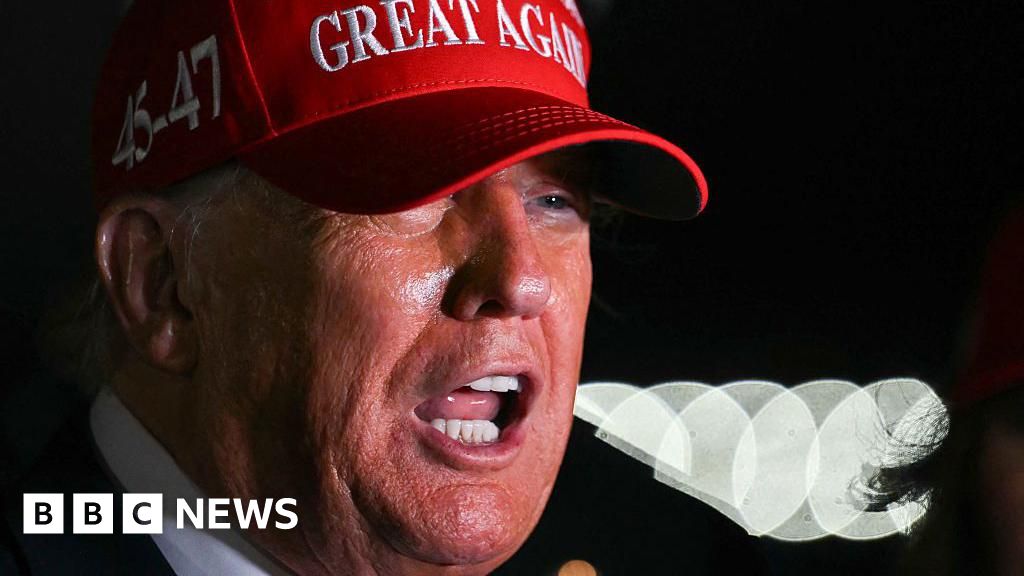Zimbabwe’s president is preparing to restart talks on $14bn of unpaid debt as deep divisions persist over disputed elections in the southern African country.
Emmerson Mnangagwa is betting that international concerns over his re-election and increasing signs of cronyism will not block a potential deal to restructure longstanding debts to the World Bank, African Development Bank (AfDB) and other creditors that will restore financing for a regime grappling with the collapse of the revived Zimbabwe dollar and triple-digit inflation.
The 81-year-old has indicated that his son, David Kuda Mnangagwa, will be involved in the talks after appointing him deputy finance minister — a sign of the president giving more power to his inner circle in his second term.
Widespread reports of rigging and intimidation in the August election earned unusually strong criticism from Southern African Development Community (SADC) poll observers. Mnangagwa officially won with more than 52 per cent of the vote.
“We are calling on SADC to live up to its own principles . . . and hold the Zimbabwean government accountable” by instituting measures to help end a “cycle” of election crises, said Jameson Timba, an official with Citizens Coalition for Change, the main opposition group led by Nelson Chamisa. The party is calling for a rerun of the polls.
With the debt talks regarded as one of the few chances left to rejuvenate Zimbabwe, the regional and domestic criticism is unlikely to stall negotiations to clear the sizeable arrears on its external debt, much of which was accrued under longtime dictator Robert Mugabe before he was overthrown in a 2017 coup.
Moono Mupotola, the AfDB’s representative in Harare, said talks would take place before the year-end, with dates to be confirmed by Zimbabwe’s government.
This month the EU withdrew $5mn in aid for the Zimbabwean election commission, a symbol of its concern over the vote. But western donors are largely expected to maintain support for the debt talks.
“I don’t think [creditors are] prepared to lose momentum on the process,” said Ringisai Chikohomero, a researcher at the South African Institute for Security Studies. “This is the only process that looks like it can get some kind of resolution on the arrears [and] this is also the only venue available now to discuss reforms.” Creditors have linked potential reforms to governance as well as to restructuring of the debt.
But regional tension over the election fallout will overshadow the debt talks. As current chair of the SADC’s security organ, Zambian president Hakainde Hichilema has kept the bloc’s critical observer report on the agenda, including discussions at a meeting this week.
The push to challenge the election internationally is vital for Chamisa’s party. It has taken its call for a rerun abroad because it says Zimbabwe’s judges have been captured by the ruling Zanu-PF party.
“All we are asking is for SADC to act on its own report,” Timba said. “We are not asking SADC governments to listen to us. We’re asking the SADC governments to listen to themselves, to their own observer mission.”
However, analysts suggested other regional leaders may let the matter slide after intensive lobbying by Zanu-PF.

Even as the opposition engages with regional officials, at home it is facing both another crackdown after several arrests of new lawmakers as well as pressure from Zimbabweans to do more to resist the regime.
“They keep making noise on social media and issuing press statements, but it’s time they woke up and smelled the coffee,” said Moses Kumbweya, a former soldier.
“It’s no longer a secret that Mnangagwa is driven by the selfish aim of looking out for his family and friends, and since [the opposition] have such significant support, many citizens naturally look to Chamisa to get the country out of this mess,” Kumbweya added.
Mnangagwa has also made one of his nephews deputy tourism minister and named Owen Ncube, an aide under US sanctions, as minister for Zimbabwe’s Midlands province, the president’s familial power base.
“The appointment of untried relatives is a clear sign not only of nepotism, but of Mnangagwa’s desire to have a ‘comfort cabinet’,” said Stephen Chan, professor of world politics at London’s School of Oriental and African Studies.
Cronyism is a further risk given effective impunity for graft in Zimbabwe’s justice system, said Siphosami Malunga, director of Africa programmes for Africa at Open Society Foundations. “It does create an appearance that he only feels safer with those closest to him, family and friends,” he added.
The personalisation of power under Mnangagwa has caused disquiet in parts of Zanu-PF, especially after Zimbabwe’s generals moved against Mugabe in 2017 over signs he was preparing to hand power to relatives such as his wife Grace Mugabe.
Mnangagwa is also under pressure from international creditors to fix the root causes of the currency chaos, particularly money-printing to fund state spending.
Harare has already requested an IMF programme to oversee reforms. Yet analysts doubt that the government will pay anything but lip service to the fund’s advice while it continues to back the Zimbabwe dollar despite everyday transactions now largely being carried out in US dollars.
“The currency is dying,” Chikohomero said. “There is no new money, there’s nothing to back the currency. That is the leverage the creditors have.”
Credit: Source link











